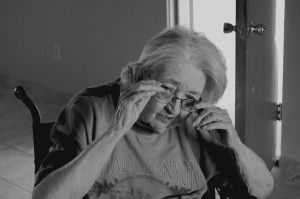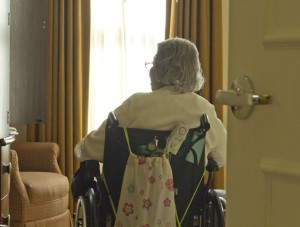A recent article in the Sacramento Bee reported on an attorney in the northern California area who was charged with financial elder abuse. At the Walton Law Firm, we take elder financial abuse very seriously. As an Elder Justice Advocate, Randy Walton is committed to protecting older Americans from crimes such the ones that occurred recently in Sacramento. When looking for an elder lawyer to help with your legal issues, you should not need to worry whether you will be treated fairly. Contact our office today to learn more about our dedication to safeguarding elders in the San Diego area and throughout the state.
 Scams Target Elderly Californians
Scams Target Elderly Californians
According to the Bee article, in late August, authorities arrested Delbert Joe Modlin, 63, on charges of financial elder abuse, grand theft, and securities fraud. His release on bail conditioned that he agree not to practice law or see clients until the criminal proceedings ended. Modlin has been licensed to practice law in California since 1987.
 California Nursing Home Abuse Lawyer Blog
California Nursing Home Abuse Lawyer Blog




















